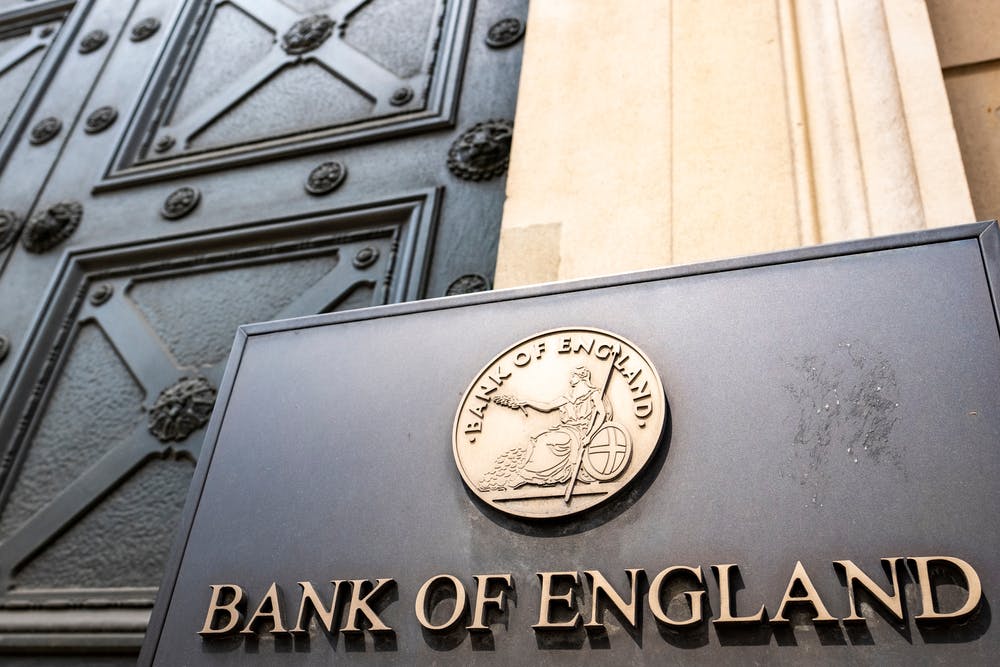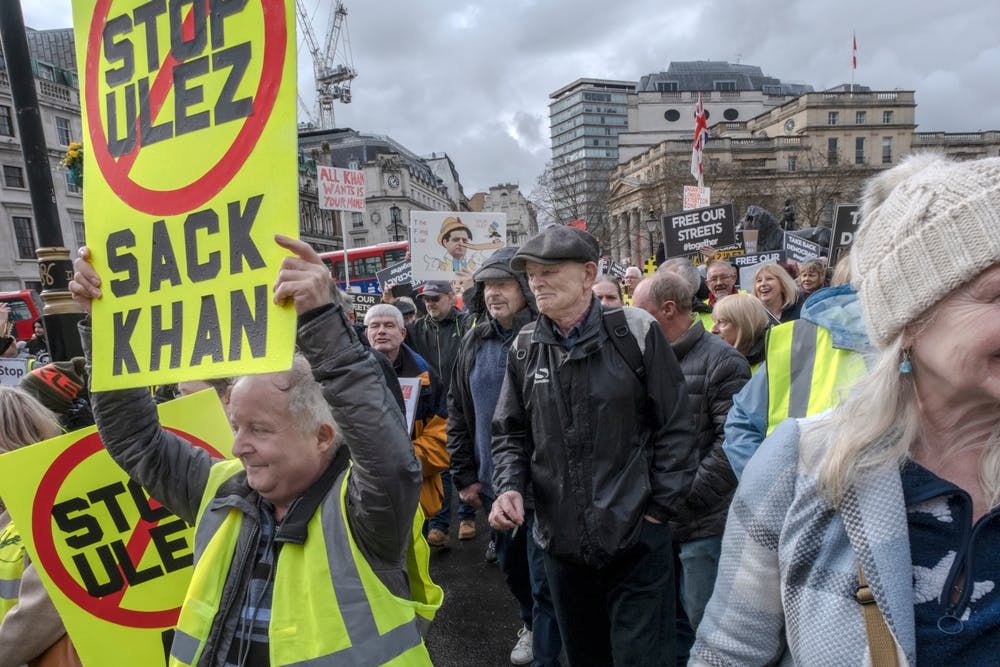A look ahead at the key events leading the news agenda next week, from the team at Foresight News. Delivered to your inbox on Fridays.
Leading the week
The climate policy debate that has flared up since last week’s byelections rumbles on as oil and gas giant BP announces its results on Tuesday (August 1). British Gas caused an uproar yesterday when it posted record profits of nearly £1 billion – poverty campaigners labelled the figures ‘obscene’ during a cost-of-living crisis, while Shadow Climate and Net Zero Secretary Ed Miliband called for an amendment to the windfall tax on oil and gas. Lower-than-expected earnings (a mere £4 billion in profits) for Shell didn’t stop accusations that it’s putting shareholders before the planet, and while BP is expected to suffer likewise from falling commodity prices, similar headline figures will almost certainly draw further ire and calls for action.

But in the electoral sphere, green policies and the climate have proven to be a divisive issue. The Uxbridge by-election saw the Conservatives achieve an unlikely hold, something they and the Labour party were quick to blame on Mayor of London Sadiq Khan’s ULEZ expansion, which go ahead on August 29 after a legal challenge by five Conservative-led councils failed this morning.
Green campaigners worry this could become a crossroads in the push for Net Zero, with doubts forming on both sides of the Commons. Tory cabinet members have urged Rishi Sunak to ditch eco policies such as a ban on petrol car sales by 2030 and scrapping gas boilers. In the wake of the Uxbridge result, Labour leader Keir Starmer urged Khan to reflect on the ULEZ expansion, while the party had already watered down its £28 billion green prosperity plan in favour of ‘fiscal responsibility’.

Any lingering hopes that UK policymakers would begin to change course on interest rates over the second half of this year look set to be dashed when the Bank of England announces its latest rate decision on Thursday (August 3). The global consensus on high rates remains fixed for now: the IMF predicted this week that rates would need to remain high until the end of 2024, while the Fed and ECB (again) increased rates to record-high levels. The Bank is also due to release a Monetary Policy Report on Thursday, which should at least give an indication of when Threadneedle Street expects the direction of travel to change. Perhaps more noteworthy will be the central bank’s analysis of the UK’s stubbornly high food inflation, which it’s producing after meetings with the food sector and a review of CMA data.
Looking abroad
Russian opposition leader Alexei Navalny is back in court on Friday (August 4) to hear the verdict in his latest trial, in which he’s accused of creating an extremist community and using his NGO to incite people to commit crimes. Prosecutors have asked for a 20-year sentence in a maximum security penal colony if Navalny is found guilty, and 10 for his co-defendant Daniel Kholodny. Navalny is already serving over a decade in prison after being convicted of fraud last year and has spent much of the time in solitary confinement. He maintains that all charges against him are politically motivated, accusing the Russian courts of being governed by ‘bargaining, power, bribery, deception, treachery…and not law.’

Thailand’s political crisis continues into next week as the National Assembly attempts to select a prime minister following a surprise victory for progressive parties in the May 13 election. The assembly rejected Move Forward’s leader Pita Limjaroenrat at its first sitting in June, after conservative senators refused to support him over plans to amend the country’s strict lese-majeste law.
At a second sitting last week, Pita was blocked from standing after legislators said his renomination broke parliamentary rules against a failed motion being brought back before the same session. His supporters argue that the convention doesn’t apply to selecting a prime minister, and have asked the Constitutional Court to rule that barring Pita was unconstitutional. The court will hear those petitions on Thursday (August 3), potentially clearing the way for a third vote in the assembly on Friday (August 4) if a ruling is issued.

The constitutional drama comes ahead of the planned return of former prime minister Thaksin Shinawatra on August 10 after more than 15 years in self-imposed exile. Shinawatra, who was ousted in a coup in 2006, remains a figurehead of the Pheu Thai party, which is poised to nominate its own candidate for prime minister – with Shinawatra’s daughter Paetongtarn among the frontrunners for the nod. A Pheu Thai prime minister would be at odds with the country’s police, who have threatened to meet Shinawatra at the airport on his return to carry out long-standing arrest warrants for the corruption charges that have kept him out of the country.
